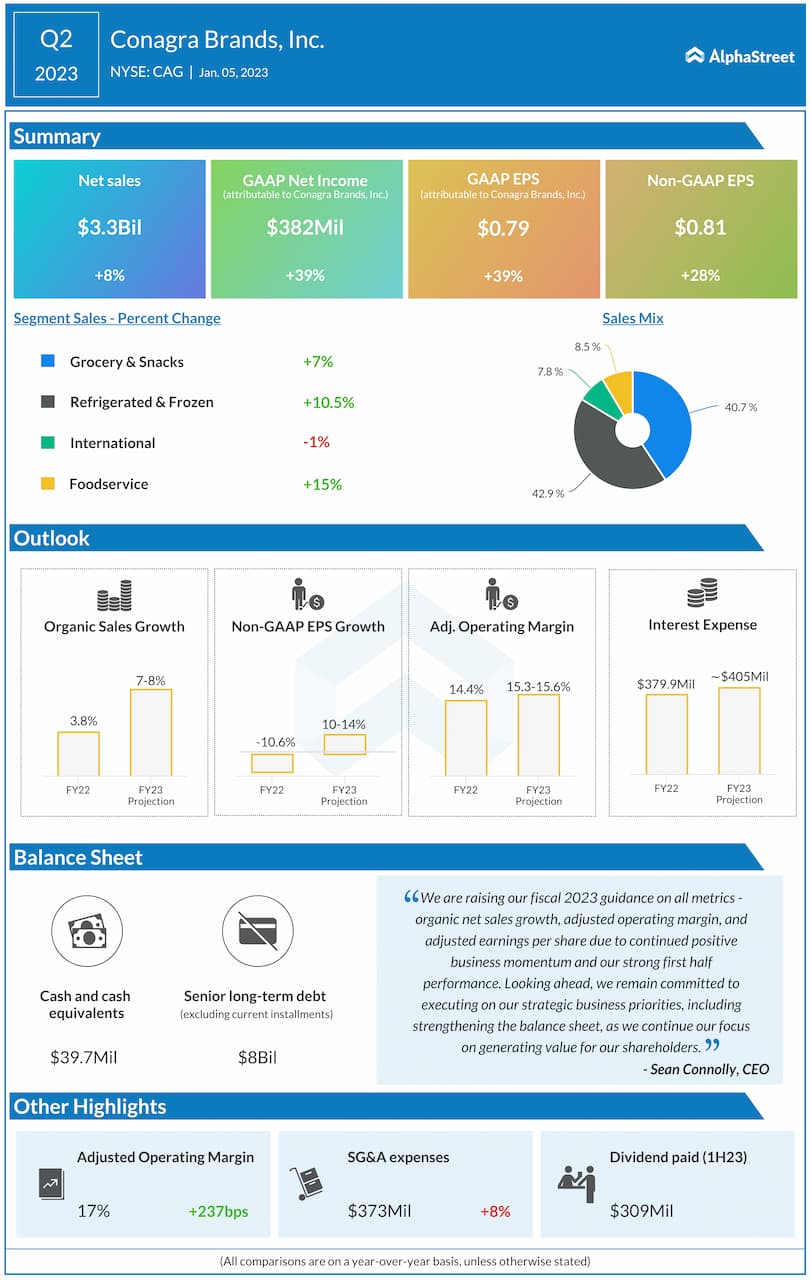Russ Roberts: Our topic for today is a recent piece you did in The New Yorker, “How Moral Can A.I. Really Be?” And, it raises a raft of interesting questions and some answers, but it raises them in a way that’s different, I think, than the standard issues that have been raised in this area. The standard issues are: Is it going to destroy us or not? That would be one level of morality. Is it going to destroy human beings? But, you’re interested in a subtler question, but I suspect we’ll talk about both. What does that title mean, “How Moral Can AI Be?” What did you have in mind?
Paul Bloom: I have a substack which came out this morning which talks about the article and expands on it, and has an even blunter title, which I’m willing to buy into, which is: “We Don’t Want Moral AI.”
So, the question is, just to take things back a bit, a lot of people are worried AI [artificial intelligence] will kill us all. Some people think that that’s ridiculous–science fiction gone amok. But even the people who think it’s ridiculous think AI has a potential to do some harm–everything from massive unemployment to spreading fake news, to creating pathogens that evil people tell it to. So, it means there’s a little bit of worry about AI. There’s different solutions on the board and one solution is, ‘Well–and this is proposed by Norbert Wiener, the cyberneticist, I think 60 years ago–says, ‘Well, what if we make its values align with ours? So, just like we know doing something is wrong, it will know, and it won’t do it.’
This has been known from Stuart Russell as the Alignment Problem: build AIs that have our morality. Or if you want, put “morality” in quotes, because you and I, I think, have similar skepticism for what these machines really know, whether they understand anything, but something like morality.
And, I find alignment research–in some way my article is like a love letter to it. This is the field I should have gone into, if it was around when I was younger. I have a student, Gracie Reinecke, who is in that area and sometimes gives me some advice on it, and I envy her. She says, ‘Going to work in deep mind and hanging out with those people,’–So, I’m interested in it.
And I’m also interested in the limits of alignment. How well can we align? Are these machines–what does it mean to be aligned? Because one thing I point out– I’m not the first–is: to be aligned with morality that you and I probably have means it’s not aligned with other moralities. So, in some way there’s no such thing as alignment. It’s, like: build a machine that wants what people want. Well, people want different things.
Russ Roberts: Yeah. That’s a simple but profound insight. It does strike at the heart of what the so-called deep thinkers are grappling with.
Russ Roberts: I want to back up a second. I wanted to talk about the Norbert Wiener quote, actually, that you just paraphrased. He said,
We had better be quite sure that the purpose put into the machine is the purpose which we really desire.
I just want to raise the question: Isn’t that kind of a contradiction? I mean, if you’re really afraid it’s going to have a mind of its own, isn’t it kind of bizarre to think that you could tell it what to do?
Russ Roberts: It doesn’t work with kids that well, I don’t know about you, but–
Paul Bloom: You know, there was a joke on Twitter. I don’t want to make fun of my Yale University President, Peter Salovey, who is a very decent and warm and funny guy, but he made a speech to the Freshmen saying: ‘We want you to express yourself and express your views, and give free reign to your intellect.’ And then, the joke went, a couple of months later, he’s saying, ‘Well, not like that.’
I think, is–what we want is we want these machines to be smart enough to liberate us from decisions. Something as simple as a self-driving car. I want it to take me to work; and I’m just sitting in back, reading or napping. I want to live, have it liberated, but at the same time I want it only to make decisions that I would have made. And, that’s maybe easy enough in a self-driving car case, but what in cases where I want the machine to be in some sense smarter than me? It does set up real paradoxes.
Russ Roberts: To me, it’s a misunderstanding of what intelligence is. And, I think we probably disagree on this, so you can push back. The idea that smarter people make more ethical decisions–listeners probably remember, I’m not a big fan of that argument. It doesn’t resonate with me, and I’m not sure you could prove it. But, isn’t that part of what we think we’re going to get from AI? Which strikes me again as foolish: ‘Oh, I don’t know what the right thing to do is here, so I’ll ask.’ I mean, would you ever ask someone smarter than you for what the right thing to do is? Not the right thing to achieve your goal, but the right thing that a good human being should do? Do you turn to smarter people when you struggle? I mean, I understand you don’t want to ask a person who has limited mental capability, but would you use IQ [Intelligence Quotient] as your measure of who would make the best moral decision?
Paul Bloom: You’re raising, like, 15 different issues. Let me go through this[?] quickly. I do think that just as a matter of brute fact, there’s a relationship between intelligence and morality. I think in part because people with higher intelligence as smarter people can see a broader view, and have a bit more sensitivity to things of mutual benefit. If I’m not so bright and you have something I want, maybe I could only imagine grabbing it from you. But, as I gets smarter, I can engage–I could become an economist–and engage in trade and mutual benefit and so on. Maybe not becoming nicer in a more abstract sense, but at least behaving in a way that’s sort of more optimal. So, I think there’s some relationship.
But I do agree with your point–and maybe I don’t need to push back on this–but the definition of intelligence, which always struck me as best is a capacity to achieve one’s goals–and you want to jazz it up and achieve one’s goals across a different range of contexts. So, if you could go out and teach a university lecture and then cook a meal, and then handle 14 boisterous five-year olds, and then do this and do that, you’re smart. You’re smart. And if you’re a machine, you’re a smart machine.
And I think there’s a relationship between smartness and immorality, but I agree with your main point. Being smart doesn’t make you moral. We will both be familiar with this from Smith and from Hume, who both recognized that–Hume most famously–that you could be really, really, really smart and not care at all about people, not care at all about goodness, not care–you could be a brilliant sadist. There’s nothing contradictory in having an enormous intelligence and you use it for the goal of making people’s lives miserable.
That’s, of course, part of the problem with AI. If we could ratchet up its intelligence, whatever that means, it doesn’t mean it’s going to come nicer and nicer.
And so, yeah: I do accept that. I think intelligence is in some sense a tool allowing us to achieve our goals. What our goals are comes from a different source. And I think that that often comes from compassion, kindness, love, sentiments, but don’t reduce to intelligence.
Russ Roberts: How much of it comes from education, in your mind? At one point you talk about, you say, “We should create machines that know as humans do that it’s wrong to foment hatred over social media or turn everyone into paper clips,” the latter being a famous Nicholas Bostrom–I think–idea that he talked about 100 years ago on EconTalk, in one of the first episodes we ever did on AI and artificial intelligence. But, how do you think–assuming humans do know this, which there’s a lot of evidence that not all humans know this, meaning there are cruel humans and there are humans who work to serve nefarious purposes. Those of us who do feel that way, where does that come from, in your mind?
Paul Bloom: I think some of it’s inborn. I study babies for a living and I think there’s some evidence of some degree of compassion and kindness, as well as some ability to use intelligence to reason about it, where it’s bred in the bone. But then–plainly–culture, education, parenthood, parenting shapes it. There’s all sorts of moral insights that have come up that are unique through culture.
Like, you and I believe slavery is wrong. But that’s pretty new. Nobody is born knowing that. Thousands of years ago, nobody believed that. We might believe racism is wrong. And, there’s new moral insights, insights that have to be nurtured. And then: I didn’t come up with this myself; I had to learn it.
Similarly for AIs: they’ll have to be enculturated in some way. Shared intelligence won’t bring us there.
I will say one thing, by the way, about–and we don’t want to drift too much into other topics–but I do think that a lot of the very worst things that people do are themselves motivated by morality.
Like, somebody like David Livingstone Smith says, ‘No. No, it shuts off. You dehumanize people. You don’t think of people as people.’ There is, I think, such a thing as pure sadism, pure desire to hurt people for the sake of hurting them.
But, most of the things that we look at and we’re totally appalled and shocked by, are done my people who don’t see themselves as villains. But, rather he says, ‘No, I’m doing the right thing. I’m torturing these prisoners of war, but I’m not a monster. You don’t understand. The stakes are so high. It’s tough, but I’m doing it.’ ‘I’m going to blow up this building. I don’t want to hurt people, but I have higher moral goods.’ Morality is a tremendous force both for what we reflectively view as good and reflectively view as evil.
Russ Roberts: Well, I like this digression. Let me expand a little bit.
One of the most disturbing books I’ve never finished, but it wasn’t because it was disturbing and it wasn’t because I didn’t want to read it–I did want to read it but I’m just confessing I didn’t finish it–but it’s a book called, Evil, and it’s by Roy Baumeister. And it’s a lovely book. Well, sort of.
And, one of the themes of that book is exactly what you’re saying, that the most vicious criminals that almost everyone would say did something horrific, they’d say put them in jail. I’m not talking about political actors like the world we’re living in right now, in October–in December, excuse me, of 2023. Got October on my mind, October 7th.
I feel not just justified in what they did, but feel proud of what they did. And I think there’s a deep human need–a tribal need, maybe–to feel that there is evil in the world that is not mine and unacceptable. It is unacceptable to imagine that the people that we see as evil don’t see themselves that way–
Paul Bloom: Yes, that’s right–
Russ Roberts: Because we want to see them as these mustache-twirling sadists or wicked people. The idea that they do not feel that way about themselves is deeply disturbing. That’s why that book is disturbing. It’s not disturbing because of its revelation of evil–which is quite interesting and painful. But, the idea that evil people–people that we will often dismiss as evil–do not see themselves that way. We just sort of assume, ‘Well, of course they are. They must be, they must know that,’ but they don’t. In fact, it’s the opposite. They think of themselves as good.
Paul Bloom: There’s some classic work by Lee Ross–I think it’s Lee Ross at Stanford–where it’s on negotiations; it’s on getting people together who have a serious gripe. Palestinians and Israelis being a nice current example. And, this sort of common sense, very nice way of thinking about it is: Once these people get to talk, they’ll start to converge, start to appreciate other side. But, actually Ross finds it’s often the opposite. So, you’re talking to somebody and you’re explaining, ‘Look. This is what you’ve done to me. This is the problem. This is the evils that you’ve committed.’ Then to your horror, the other person says, ‘No. No, no, no, you’re to blame. Everything I did was justified.’ People find this incredibly upsetting. I think there’s this naive view which is, if only I could sit with my enemies and explain to them what happened, they would then say, ‘Oh, my gosh. I’ve been evil. I didn’t know that. You were totally right.’ But of course, they think the same of you. [More to come, 14:50]
















